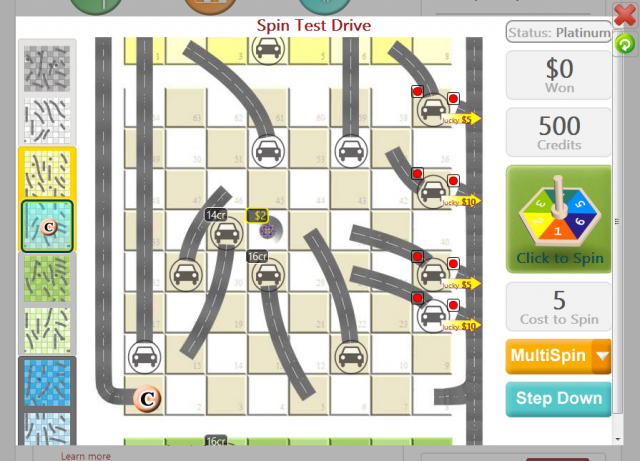STANFORD, CALIFORNIA—Everyone hates commuting. (Disclaimer: I work at home, my commute is only about five seconds between my bedroom and my home office. Thanks Ars!) For most driving commuters, the biggest problem is that there are often hundreds of other cars that want to drive the same stretch of highway at the same time. Cars performing below optimal speed is not only inefficient; it pollutes, too.
So, Balaji Prabhakar, a Stanford professor of electrical engineering and computer science with a background in computer networks, had an idea. He found that there may be a new way to alleviate congestion: rather than imposing a penalty on drivers, why not pay them to simply alter their behavior slightly? That is, what if drivers were given a financial incentive to drive slightly earlier or slightly later than the prime 8 to 9 am window?
“The most important thing about congestion that’s worth knowing is that it’s a 10 percent phenomenon,†he told Ars this month. “That means if you shift 10 percent of the load from peak to off-peak, congestion will come down significantly for everyone. The reason is that as load approaches capacity, the rise in congestion is very severe at the high end. You don’t have to shift everybody. In fact, it’s not worthwhile to shift everybody.â€
from Ars Technica




